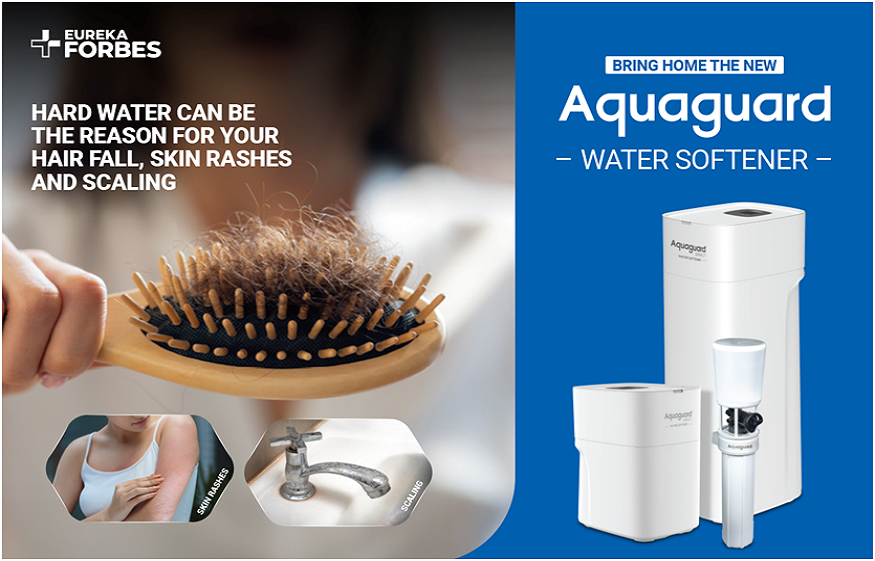Hard water is one of the most overlooked culprits behind everyday inconveniences in Indian homes, from clogged shower heads and stained taps to dry skin after a bath. Though invisible, the mineral-heavy nature of hard water affects not just your appliances and surfaces, but also your overall well-being. That’s why more and more households are turning to using a water softener for the bathroom shower as a reliable solution.
This small yet powerful addition can transform how your bathroom functions and how refreshing your shower feels. Whether you’re struggling with water spots on the bathroom floor or your shampoos and soaps don’t lather the way they should, the problem often lies in the water, not the product.
So, how to make hard water soft? Installing a water softener for your bathroom or specifically for your shower can make a world of difference. Let’s understand how.
1. Keeps Showers Free from Mineral Deposits
Over time, calcium and magnesium in hard water accumulate inside your shower heads, causing reduced water flow and blockages. You might notice uneven spray patterns or even need to replace your fittings prematurely. A dedicated water softener installed for the bathroom shower prevents scale formation and maintains water pressure by ensuring minerals don’t stick to internal parts.
2. Prevents Water Spots and Stains on Taps
You’ve likely seen chalky white marks on your taps or around the edges of your sink. These are left behind after hard water dries up, and they can be stubborn to remove. A water softener for bathroom showers significantly reduces such residues, meaning your taps and tiles stay shinier with less effort and cleaning products.
3. Enhances Soap Performance and Lather Quality
One of the more frustrating issues with hard water is its poor mixing with soaps and shampoos. It prevents these products from lathering well, which in turn reduces their effectiveness. With soft water flowing through your taps and showers, soaps dissolve better and rinse off completely, leaving your skin and hair feeling clean and refreshed without sticky residue.
4. Protects Plumbing and Fixtures Long-Term
Without a water softener, the minerals in hard water can gradually clog pipes, reduce water heater efficiency, and lead to plumbing repairs. Soft water helps in minimising wear and tear within your bathroom fittings, extending their lifespan and maintaining consistent water flow.
If you’re wondering how to make hard water soft without changing your entire plumbing setup, consider compact solutions like Aquaguard Select AWS 600 Water Softener or Aquaguard Select AWS C-1200 Water Softener that treat water before it reaches your shower or tap.
Conclusion
Switching to soft water in your bathroom isn’t just about comfort, it’s about care. With a quality water softener for bathroom shower use, you can preserve your fixtures, enjoy better lather, and say goodbye to spots and stains.
Choosing a system equipped with a durable softener filter ensures you get consistent performance and protection, day after day. Whether you’re starting small or planning a full-home upgrade, softening your shower water is a smart step toward a cleaner, healthier home.

